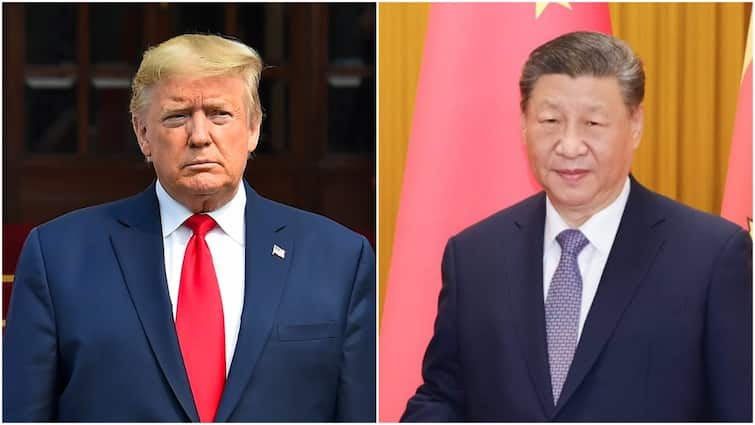Chinese President Xi Jinping met his American counterpart Donald Trump in South Korea on Thursday, marking their first meeting in six years. During the talks, Xi emphasised that Beijing and Washington must remain partners and friends, acknowledging that differences were “natural” but urging both nations to stay on the “right course.”
“It is natural to have friction,” Xi said, adding, “China and the US can jointly shoulder our responsibility as major countries and work together to accomplish more great and concrete things for the good of our two countries and the whole world.”
He also expressed appreciation for Trump’s efforts to promote peace in ongoing global conflicts, reiterating China’s willingness to continue working with the United States.
Trump Praises Xi, Hails Prospects For Strong Ties
In response, President Trump described Xi as “a great leader of a great country,” adding, “I think we’re going to have a fantastic relationship for a long period of time, and it’s an honour to have you with us.”
The two leaders met at an air base in the southern port city of Busan, with the encounter taking place on the sidelines of the Asia-Pacific Economic Cooperation (APEC) summit. This was also the first meeting since Trump’s return to office in January this year.
As the two leaders shook hands, Trump remarked, “We are going to have a very successful meeting, I have no doubt. But he is a very tough negotiator.”
Trade War Back In Focus
The meeting came against the backdrop of renewed US-China trade tensions, which have persisted since 2018. The dispute reignited earlier this month after China proposed expanding curbs on exports of rare-earth minerals, a key component for high-tech manufacturing where Beijing holds global dominance.
In response, Trump announced plans to impose additional 100 per cent tariffs on Chinese goods and hinted at further restrictions on exports involving US software – a move that analysts warned could severely disrupt the global economy.
Signs Of De-Escalation
Following urgent negotiations between senior officials, US Treasury Secretary Scott Bessent indicated that Beijing might delay the rare-earth export restrictions for a year and resume purchases of US soybeans, a vital export for American farmers.
Just ahead of the APEC Summit, Reuters reported that China had bought its first cargoes of US soybeans in several months, signalling tentative progress towards easing trade tensions.



